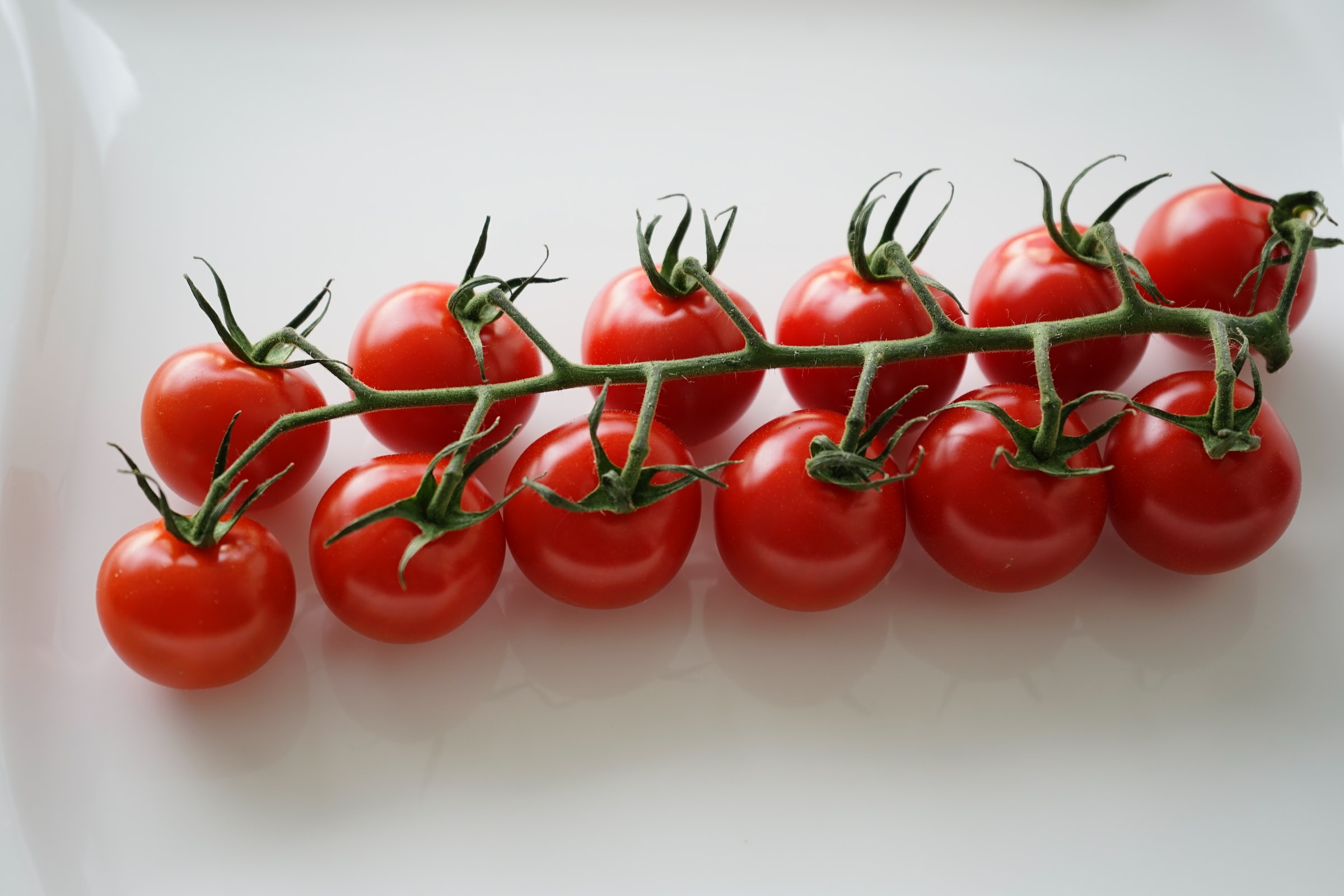


#DNA #Genetically Engineered Foods #GMO
Doug Fogelson
Foods that have had their DNA (genetic code) altered to “enhance” certain traits such as greater nutrition and resistance to pathogens are a subject of controversy despite already being a significant portion of products out there today. Cash crops like corn, cotton, soybean, and canola are highly likely to be genetically modified. Scientific consensus states that these crops pose “not greater risk” to humans than conventional foods, but members of the public remain much less likely than scientists to perceive genetically engineered (GE) foods as “safe” food. GE foods should each be assessed on a case-by-case basis with disclosures and grown under sustainable regulations and standards.
On the positive side, some GE foods have enhanced traits that allow them to grow in more challenging weather/climates, with increased nutrition, and can even be made to have more “therapeutic substances” that are used to create vaccines and medicines. A strong argument for GE foods is that, in an increasingly challenging climate, such foods will be necessary to feed a displaced and starving world (indeed this is happening now). On the negative side, worries include passing pest- or herbicide-resistant genes to wildlife and causing potential allergic reactions, sparking fears of new imbalances in complex agricultural systems.
Regulations regarding this practice vary from country to country, with labeling of GE foods required in the EU but not in the US.
Scientists are more likely than members of the general public to view genetically engineered foods as safe.